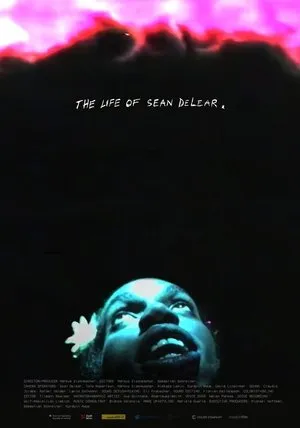In the realm of psychological thrillers, “The Face I Can’t Forget” emerges as a compelling exploration of memory, identity, and the fragile nature of reality. The film centers around Mia, a woman whose life is irrevocably altered following a traumatic car accident that leaves her with total amnesia. As she navigates the unfamiliar landscape of her own existence, relying on the care and support of her loving husband and daughter, a series of unsettling flashbacks begin to surface, hinting at a past that contradicts the life she currently knows. These fragmented memories revolve around a second daughter, a child whose existence is vehemently denied by everyone around her. Mia’s desperate attempts to reconcile these conflicting realities form the crux of the narrative, leading her down a path of self-doubt, paranoia, and a desperate search for the truth. The film masterfully crafts an atmosphere of suspense and uncertainty, blurring the lines between what is real and what is imagined. Mia’s struggle to piece together her shattered memories becomes a gripping journey for the audience, as they are invited to question the reliability of perception and the power of suggestion. The absence of any external validation for Mia’s memories of her second daughter amplifies her sense of isolation and fuels her determination to uncover the truth, no matter the cost. As Mia delves deeper into her past, she unearths a web of secrets and lies that threaten to unravel the very fabric of her family. The film explores the profound impact of trauma on the human psyche, showcasing how deeply buried memories can resurface in unexpected and often distorted ways. Mia’s amnesia serves as a metaphor for the selective nature of memory, highlighting how our minds can protect us from painful experiences by suppressing or altering them. The film also raises questions about the nature of identity and how it is shaped by our memories and relationships. As Mia struggles to reclaim her past, she is forced to confront the possibility that the person she once was may be irrevocably lost. The supporting characters in “The Face I Can’t Forget” play a crucial role in shaping Mia’s perception of reality. Her husband, seemingly devoted and caring, becomes a figure of suspicion as his explanations for the discrepancies in her memories become increasingly evasive. Her daughter, initially a source of comfort and stability, begins to exhibit unsettling behavior, further fueling Mia’s paranoia. The film expertly utilizes these characters to create a sense of unease and uncertainty, leaving the audience questioning their motives and allegiances. The visual language of “The Face I Can’t Forget” is equally effective in conveying Mia’s fractured state of mind. The use of disorienting camera angles, fragmented editing, and a muted color palette creates a sense of unease and disorientation, mirroring Mia’s own confusion and uncertainty. The flashbacks are particularly striking, often presented as fleeting glimpses of a past that is both familiar and alien. These visual cues serve to heighten the suspense and keep the audience guessing about the true nature of Mia’s memories. The film’s climax is a masterclass in suspense, as Mia finally confronts the truth about her past and the fate of her second daughter. The revelations are both shocking and heartbreaking, forcing Mia to grapple with the consequences of her actions and the lies that have been perpetuated for so long. In the end, “The Face I Can’t Forget” is a thought-provoking and emotionally resonant thriller that explores the complexities of memory, identity, and the enduring power of the human spirit. It is a film that will stay with you long after the credits have rolled, prompting you to question the nature of reality and the secrets that lie hidden beneath the surface of our lives. Welovecinema.top highly recommends this movie.

The Face I Can’t Forget (2024)
Mia, suffering from total amnesia after a car accident, is cared for by her husband and daughter. However, she begins experiencing vivid flashbacks of a second daughter, a child no one else acknowledges or believes exists. As Mia delves deeper into her fragmented memories, she questions her sanity and the reality of her family. The film explores themes of memory, identity, and the psychological impact of trauma.











